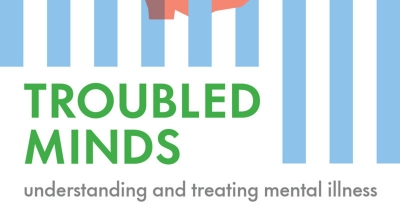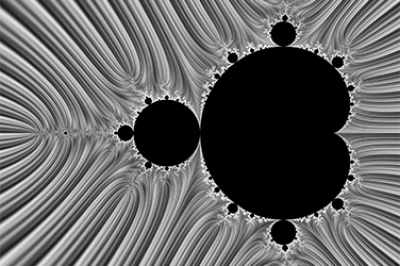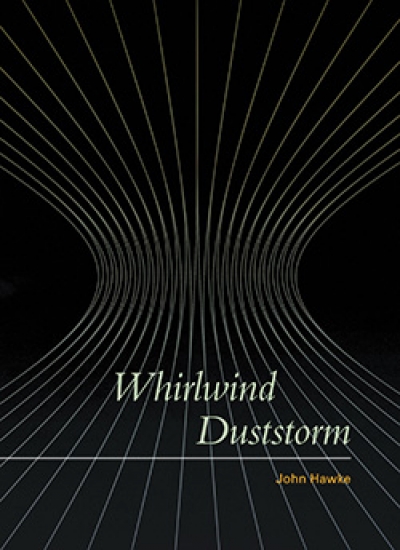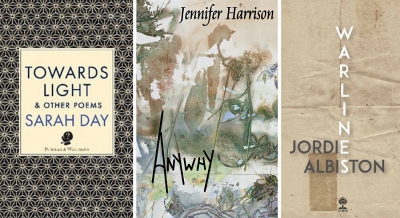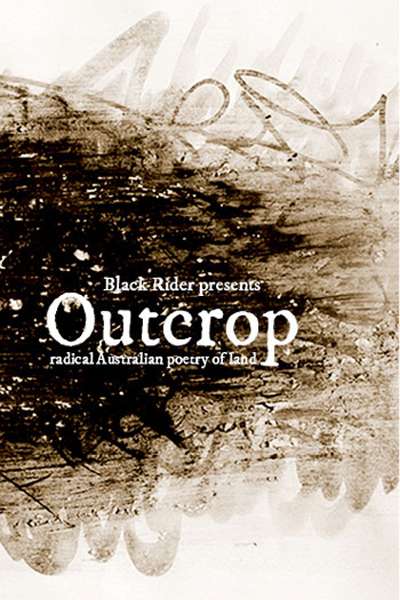Jennifer Harrison
Troubled Minds: Understanding and treating mental illness by Sidney Bloch and Nick Haslam
~ dots of colour points on a complex / number plane where the x horizontal axis / represents the ‘real’ part number / and the vertical y gives us unseen ...
... (read more)In the Room with the She Wolf by Jelena Dinić & Beneath the Tree Line by Jane Gibian
'The world closed in, but it was fortunate / there was her own interior to explore: / the prayer books a captain might have read / on long voyages, now small with gossamer pages ...'
... (read more)Sarah Day’s début collection, A Hunger to Be Less Serious (1987), married lightness of touch with depth of insight. In Towards Light & Other Poems (Puncher & Wattmann, $25 pb, 108 pp, 9781925780024), Day continues this project in poems concerned with light, a thing presented as both ...
... (read more)After a ten-year gestation, actor Don Cheadle (Hotel Rwanda [2004], Crash [2004]) has realised his dream to produce a film on the legendary jazz musician Miles Davis. Cheadle who directs, co-writes, and plays the central role eschews the usual linear narrative in Miles Ahead and takes as his ...
... (read more)
